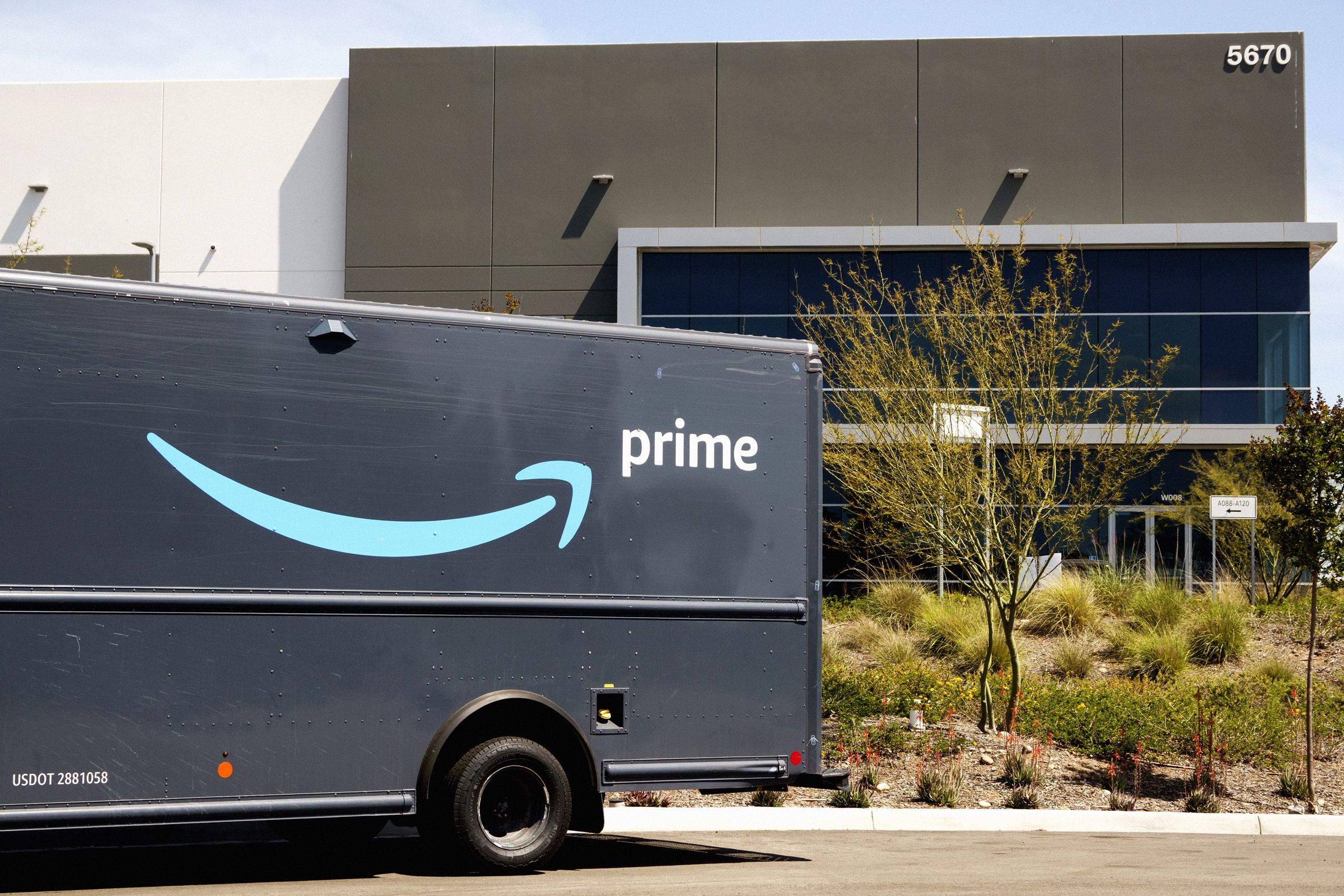Amazon Will Pay $2.5 Billion to Settle FTC Suit That Alleged ‘Dark Patterns’ in Prime Sign-Ups
…

Amazon Will Pay $2.5 Billion to Settle FTC Suit That Alleged ‘Dark Patterns’ in Prime Sign-Ups
Amazon has agreed to pay $2.5 billion to settle a Federal Trade Commission (FTC) suit that alleged the company used “dark patterns” to manipulate customers into signing up for its Prime membership program. The settlement, which is one of the largest in FTC history, was reached after years of legal battles between the tech giant and the government agency.
The FTC alleged that Amazon used deceptive design techniques on its website and mobile app to coerce customers into signing up for Prime without their full knowledge or consent. These techniques, known as “dark patterns,” are user interface design choices that manipulate users into making decisions that benefit the company, often at the expense of the user’s best interests.
As part of the settlement, Amazon has agreed to pay $2.5 billion in restitution to customers who were affected by the alleged dark patterns. The company will also be required to make changes to its website and app design to make it easier for customers to understand and opt out of Prime membership.
In a statement, Amazon said that it was “proud of the Prime program and the value it provides to our customers,” but that it agreed to the settlement to avoid further legal costs and distractions. The company also promised to work with the FTC to ensure compliance with consumer protection laws in the future.
The settlement is a significant victory for consumer advocacy groups, who have long been pushing for stronger regulations against dark patterns and other deceptive practices used by tech companies. It also sends a strong message to other companies that the FTC will not tolerate deceptive design practices that harm consumers.
Overall, the settlement marks a major milestone in the ongoing debate over the ethics of design in technology, and serves as a reminder to companies to prioritize transparency and user consent in their products and services.



